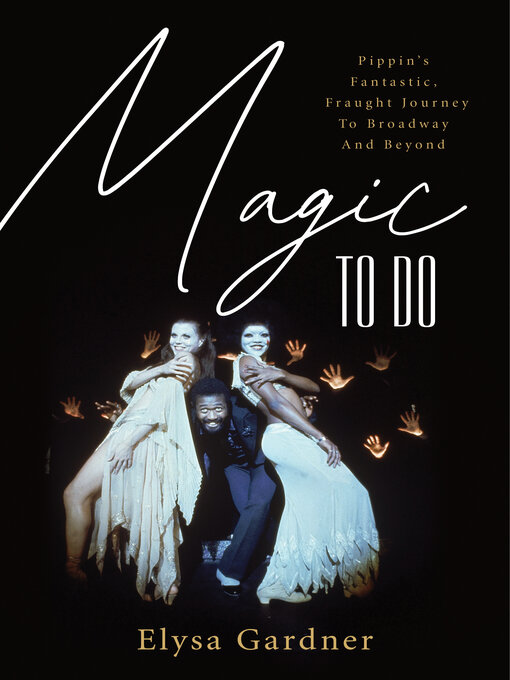In Magic to Do, which celebrates the 50th anniversary of Pippin's opening, two-time Pulitzer Prize jury member Elysa Gardner turns her attention to this innovative show, the musical retelling of the story of Prince Pippin, son of Charlemagne, and his quest for an "extraordinary life." Magic to Do dives deep into the legendary clashes, backstage drama, and incredible artistic synergy that produced one of Broadway's most influential musicals, a show that paved the way for the pop-informed musicals that we know and love today. Full of big personalities, brilliant creative minds, and never-before-told stories, Magic to Do is an intimate look at a moment in history, a time and a place in which popular culture was as defined by conflict—between the young and the old, idealism and cynicism, creation and destruction—as anything else. Gardner draws out this friction through her examination of the creative struggles between Pippin's director/choreographer, the iconic Bob Fosse, for whom the show would mark a massive career resurgence, and its young composer/lyricist, Stephen Schwartz (of Wicked fame), who was making his Broadway debut.
Magic to Do, named for the opening song of the musical, clearly marks the lasting cultural significance of Pippin, which derives in large part from the timelessness of the search for self, one that presents itself anew to each succeeding generation, accounting for the show's enduring popularity around the world. Infused with R&B sounds and a universal message, it is fair to say that, without Pippin, there is no Spring Awakening, Dear Evan Hansen, or even Hamilton.


